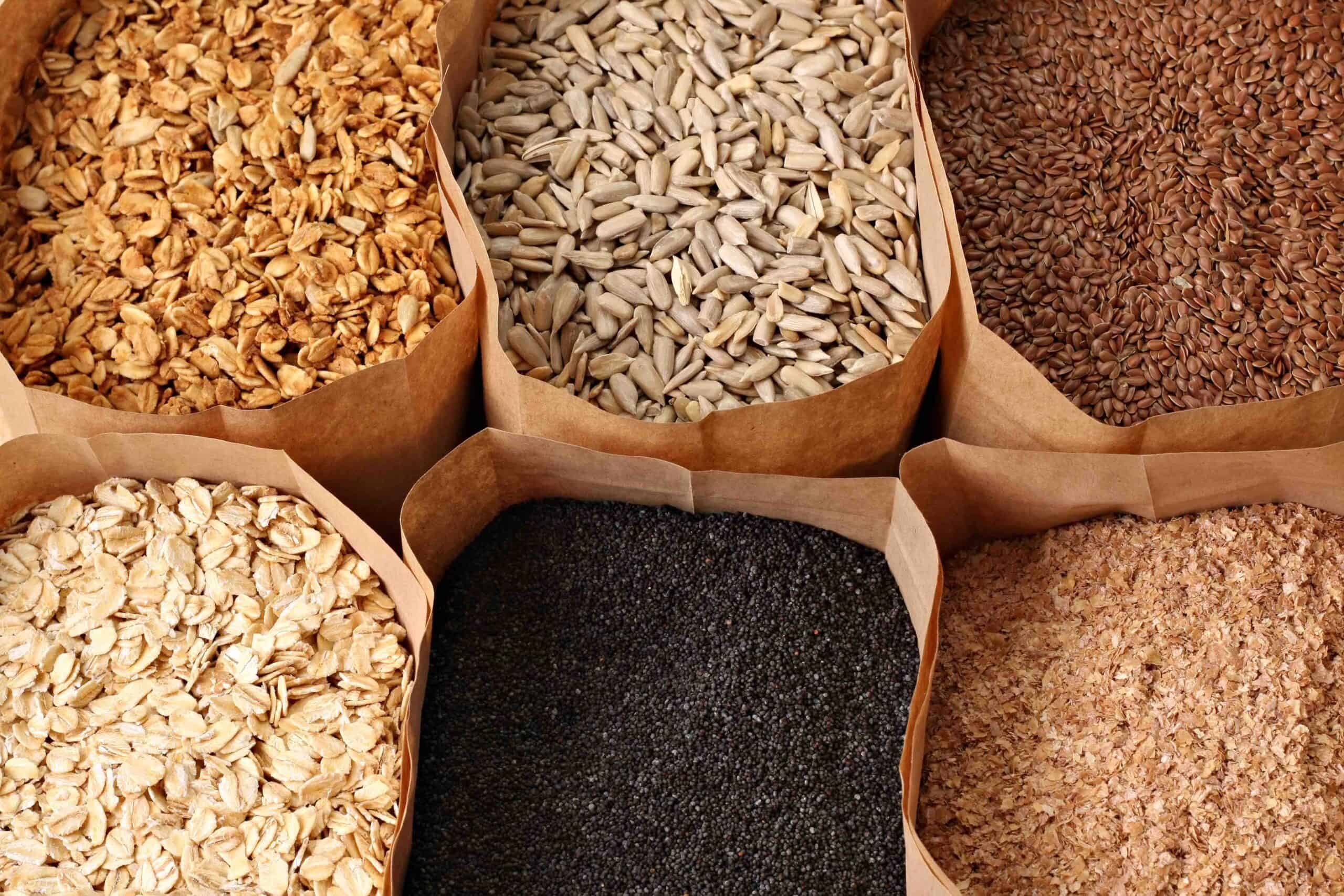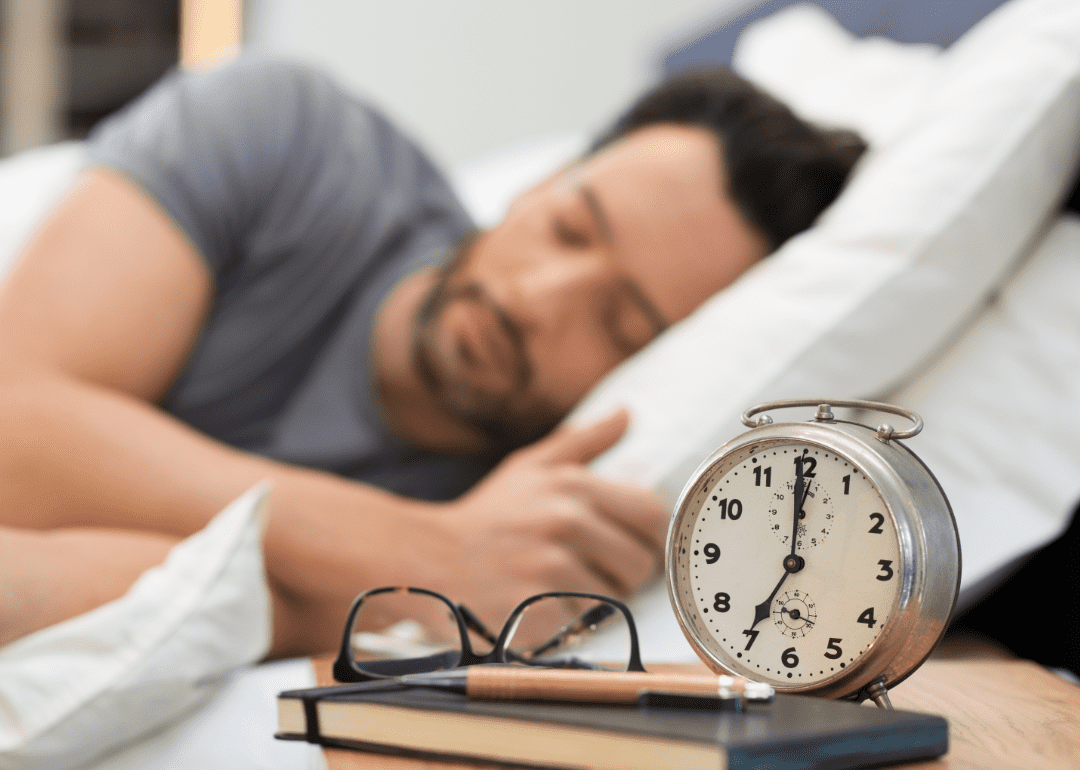We are all wondering how to be healthier in this stressful day and age. Sometimes, it's the small changes we make that add up over time to make a big difference in our lives. Here are some of the tips I share with my coaching clients to get them started on a healthier path. What are some of your favorites?
Drink More Water

Staying hydrated helps fight fatigue and keeps your electrolytes in balance. Studies show that even mild dehydration can cause impairment in brain function.
It's important to start hydrating the moment you wake up before the day gets away from you. I like using a metal water container with a metal straw. I am lucky that I like the taste of water, but if you don't, try adding a lemon or slices of fruit. If it helps track your water consumption throughout the day to encourage more intake.
Eat Less Sugar

Eating too much sugar can cause high blood sugar, insulin resistance, metabolic syndrome, obesity, and type 2 diabetes. Need I say more? Natural occurring sugars are not the same as those added to processed foods like cakes, cookies, cereals, granola bars, and even condiments. Eat these with caution and learn to read labels.
I have found that once I cut out or cut down on sugars for a while, I lose my taste for them. You start to crave them less, and they even taste different when you eat them. Try to satisfy your sweet cravings with some berries and Greek yogurt.
Move More

Notice I didn't say stick to a specific, arduous workout routine. If that works for you, go for it, but generally, try to move more. Take the dog on a walk each day, or start a regular walking routine with your friends. If you like to go to the gym, try incorporating strength training into your routine to improve your bone density and joint health.
If you have children, try to plan some fun outdoor activities like hiking, biking, or swimming in the summer to get everyone in the routine of moving more.
Eat More Vegetables

We all know vegetables are good for us, but it can be hard to get into the daily routine. Adding vegetables to our diet can improve our cardiovascular health, lower blood pressure, prevent some types of cancer, and help us feel full. How do we do that if we are not huge fans of the taste?
The most important first step is to have vegetables ready and at eye level in the refrigerator. This makes it so much easier to eat them on a daily basis. Add some chopped veggies to your eggs in the morning, add sliced peppers and cucumber to your wrap at lunch, and try to have a salad each night. When I have them washed, sliced and in my face in clear containers, it is so easy to add them to my dishes each day. Oh, do you like smoothies? If so, add a handful of spinach!
Focus On Protein

I add this because I believe protein helps us control our weight. I always tell my clients to add protein to all their meals and even snacks. Protein helps you to stay full longer and keeps you from reaching into the cookie jar. It can even help you increase your muscle mass.
Start your day with eggs or Greek yogurt, not cereal or a bagel. I like to snack on string cheese, yogurt, a handful of nuts, or a protein smoothie. At meals I always plan the protein first to make sure I get enough at the meal. We like chicken, pork, fish, shrimp, and lean ground beef at my house, but any protein will do. Load that plate up halfway with veggies and you have a winning dinner!
Swap Refined Carbs for Whole Grain

Love white bread and donuts? These are considered refined carbs made with white flour. They have been stripped of all their nutrients and are considered empty calories. Unfortunately, this is the basis for many American's diets.
Try to cut down on those and incorporate more whole-grain carbs like whole wheat bread, oats, quinoa, and brown rice. They will take a bit of getting used to at first, but you will acclimate to the taste and actually prefer it.
Spend Time Outside

Not only is time spent outside good for your physical health, but it's also good for your mental health. Living and working in an urban environment can be sensory overload, but getting outside is a nice break from that.
Even taking a short walk around the neighborhood, breathing the fresh air, and feeling the sun on your face can help you give your mind a much-needed reset.
Connect With Friends and Loved Ones

Connecting with close friends and loved ones is important to avoiding isolation and loneliness. Reaching out via phone or text also helps you stay in touch.
Work to develop friendships by joining groups, participating in church events, or working out together. It's important to have a group of friends who can count on you to support you during tough times such as trauma, job loss, or divorce.
Prioritize Sleep

According to the Mayo Clinic, lack of sleep can cause serious health problems over time. Try to get into a regular bedtime routine and turn off electronics a few hours before bed.
Your sleep environment needs to be set up properly with cool temperatures, blackout shades, and a noise machine. I use an eye mask and even take it with me when I travel.

Tell Us What You Think